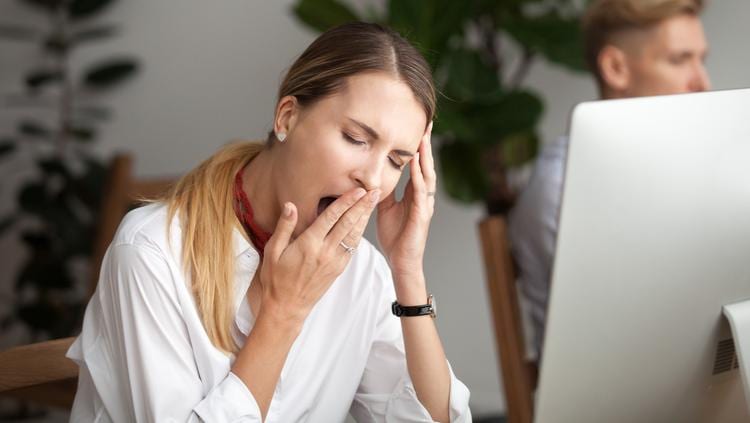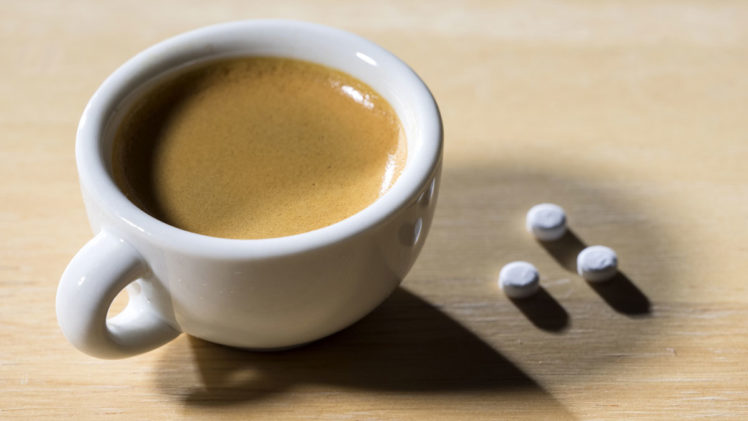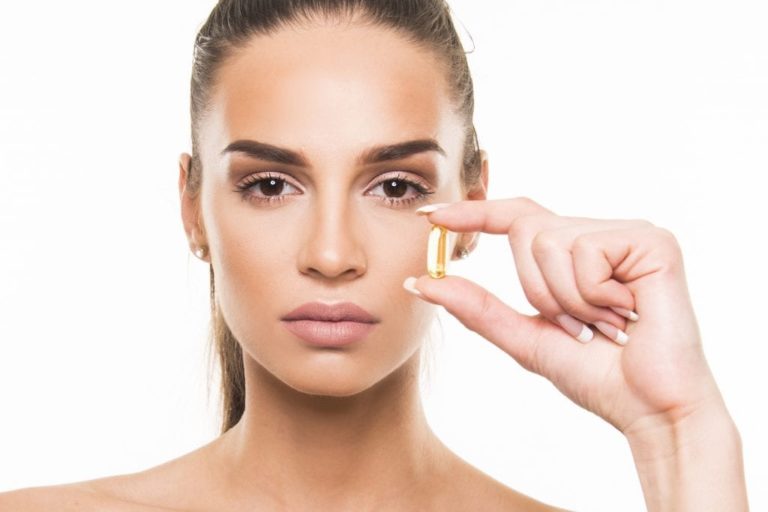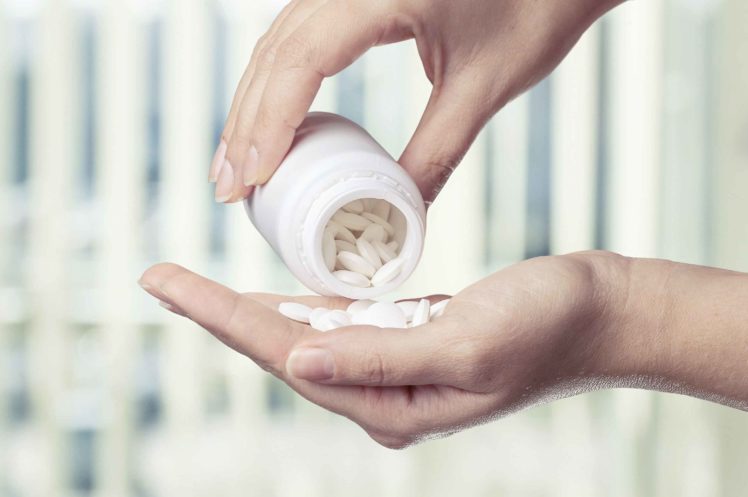Published on:
Supplements are products that consist of one or more essential nutrients such as vitamins, minerals, herbs, herbal substances, amino acids, ingredients and extracts of these substances.
Keep in mind that the use of supplements can not compensate for an adequate diet in which all the foods are present, but their use is highly desirable because it is not possible to enter all the substances required by the classical diet. They are present in the market in many forms such as tablets, capsules, powders, gels and liquids.
Under great pressure from the increased demands of daily life, tissues and organs are more consumed and damaged and need regular reparation.
It is important to use supplements selectively and measuredly, and we give you an overview of the most important ones – for energy!
Supplements as a dietary supplement can be of great benefit if used properly.
Contents
What is the lack of energy?

Energy deficiency is generally a condition without physical ailments, in which the body cannot fulfill the daily obligations that it previously performed without difficulty. It occurs gradually and lasts a long time.
Over time, one becomes accustomed to functioning, with a constant experience of lack of energy. But this is not a healthy or natural state, but many people have the same problem, so over time people stop paying attention.
Why do we lack it?

The main causes of lack of energy: work requirements are too high, energy is consumed in situations that are not useful to humans (eg in stressful situations) or not restored (too little sleep and pleasant events).
Insufficient intake of vitamins, minerals, and other antioxidants through diet. Most often, the causes are intertwined.
However, it should be kept in mind that many chronic diseases, not just lifestyle, lead to a lack of energy, e.g. decreased thyroid function (hypothyroidism) and anemia, some heart and blood vessel diseases (eg chronic heart failure), some autoimmune diseases (eg myasthenia gravis) and malignancies.
Symptoms

You want to make the day-to-day commitments you do, and it works, but with more effort than before. You want to do the day-to-day tasks you do, but you can’t because you don’t have enough energy.
Risk factors

–Excessive work requirements (commitments)
-Stressful situations
-Not enough sleep and pleasant events, in which energy is restored
-Malnutrition – Not enough vitamins, minerals and some other antioxidants
-Reduced thyroid function (hypothyroidism)
-Some heart and blood vessel diseases (eg, chronic heart failure)
-Some autoimmune diseases (eg myasthenia gravis)
-Malignancies
These are the most famous herbs and supplements that will help you with the lack of energy that is unrelated to any diseases. And you can read more about many other products at Brevard Health Source.
Caffeine

Numerous studies have proven that caffeine helps metabolize fat by mobilizing fatty acids while reducing glycogen consumption in prolonged training or in marathons, which is certainly a positive effect. When the optimum usage time is reached, caffeine may extend the time required to reach the fatigue limit.
Caffeine is within 15 minutes of consuming inside the blood and as long as it is there, it works! Because it has a stimulating effect on the central nervous system, caffeine boosts the heart, which means that it works better and the periphery is better supplied with oxygen. Proven shortening of reaction time, both auditory and visual. At the same time, this action can be felt in improving mood, concentration and motivation (mild euphoria).
It is a matter of choice to use caffeine from foods (coffee, guarana, tea) or pure pharmaceutical form in tablets or capsules. Every caffeine is effective, but espresso coffee and guarana are still the best forms for people who can handle it (quick boost). Unlike pure caffeine tablets, coffee contains hundreds of different compounds (theophylline, paraxanthin, theobromine), which in combination with caffeine work – differently! One study found that caffeine in capsules increases endurance and moves the fatigue limit unlike caffeine in coffee!
Do not overdo it with caffeine! Insomnia is the first sign that this is an exaggeration. Increased doses or long-term caffeine intake can cause weakness, headache, nervousness, rapid pulse, shivering, nausea and even vomiting. Any generalization of reactions to caffeine is a big mistake. The level of sensitivity varies from person to person, which coaches should definitely take care of.
Magnesium

If you experience muscle cramps, have anxiety issues, or suffer from insomnia, your body may be lacking in magnesium. Lack of energy, as well as mildly elevated pressure, can also be an indicator of magnesium deficiency in the body. It is essential for the proper functioning of the nervous system to participate in energy production and protect the entire metabolism. Muscle and bone protection is also the best.
Magnesium affects muscle tone, and low magnesium levels include the appearance of various heart disease, high blood pressure, kidney stones. Also, in women, decreased magnesium intake in the body can lead to insomnia, PMS symptoms and menstrual cramps. Magnesium is involved in the formation of proteins that enter the cell membrane structure. It is involved in the formation of ATP compounds.
Guarana

When you look at the nutritional composition of guarana, you will be clear about how healthy and rich the plant is. Specifically, guarana contains phytochemicals such as theobromine, saponin, tannin, and catechin.
Phytochemicals are powerful antioxidants that help prevent, slow down or stop many diseases.
Theobromine from guarana is an ingredient that helps burn fat, so you’ll find guarana in many weight loss and cellulite supplements. Guarana also acts as a tonic and gut cleanser, whereby it can reduce the symptoms of inflammatory bowel disorders. It is also used as a diuretic for the treatment of urinary tract infections, diarrhea, painful menstruation and headaches. It relaxes the smooth, bronchial muscles, reduces anxiety, protects neurons and positively affects sexual desire in both sexes.
Coenzyme Q10

Coenzyme Q10 is a compound similar to vitamins E and K and is necessary for the process of converting food into energy that enables us to live and function normally throughout the body. Its other important role is the protection of cell membranes, that is, an extremely strong antioxidant action. It contributes to the binding of harmful free radicals and thus prevents tissue and organ damage and disease.
Our body produces coenzyme Q10, but its synthesis slowly decreases after the age of 25. In addition to aging, stress, inadequate nutrition, smoking, alcohol, and many other drugs (statins, antidiabetics, beta-blockers to regulate heart rate and blood pressure, antidepressants, cytostatics, and more) reduce its formation in our cells and increase its consumption. Therefore, it is advisable to take it as a supplement and it is also known to women as a beauty preparation.
Vitamin B12

Vitamin B12 is especially important for nerve cell health and for the production of DNA and RNA, the body’s genetic material. Vitamin B12 and folic acid are necessary for the formation of red blood cells, which affects the supply of oxygen to the body. Also, these two B vitamins affect immune function and mood.
Vitamin B12 deficiency causes fatigue. Vitamin B12 appears to increase energy in people who are deficient, but also in those with normal values. People suffering from chronic fatigue syndrome may also benefit from Vitamin B12.
Conclusion
These are some of the most proven supplements you can use. Certainly, there are many others on the market such as iron, creatine, and some that are just getting popular like Ashwagandha and Rhodiola Rose.
Share With Your Friends